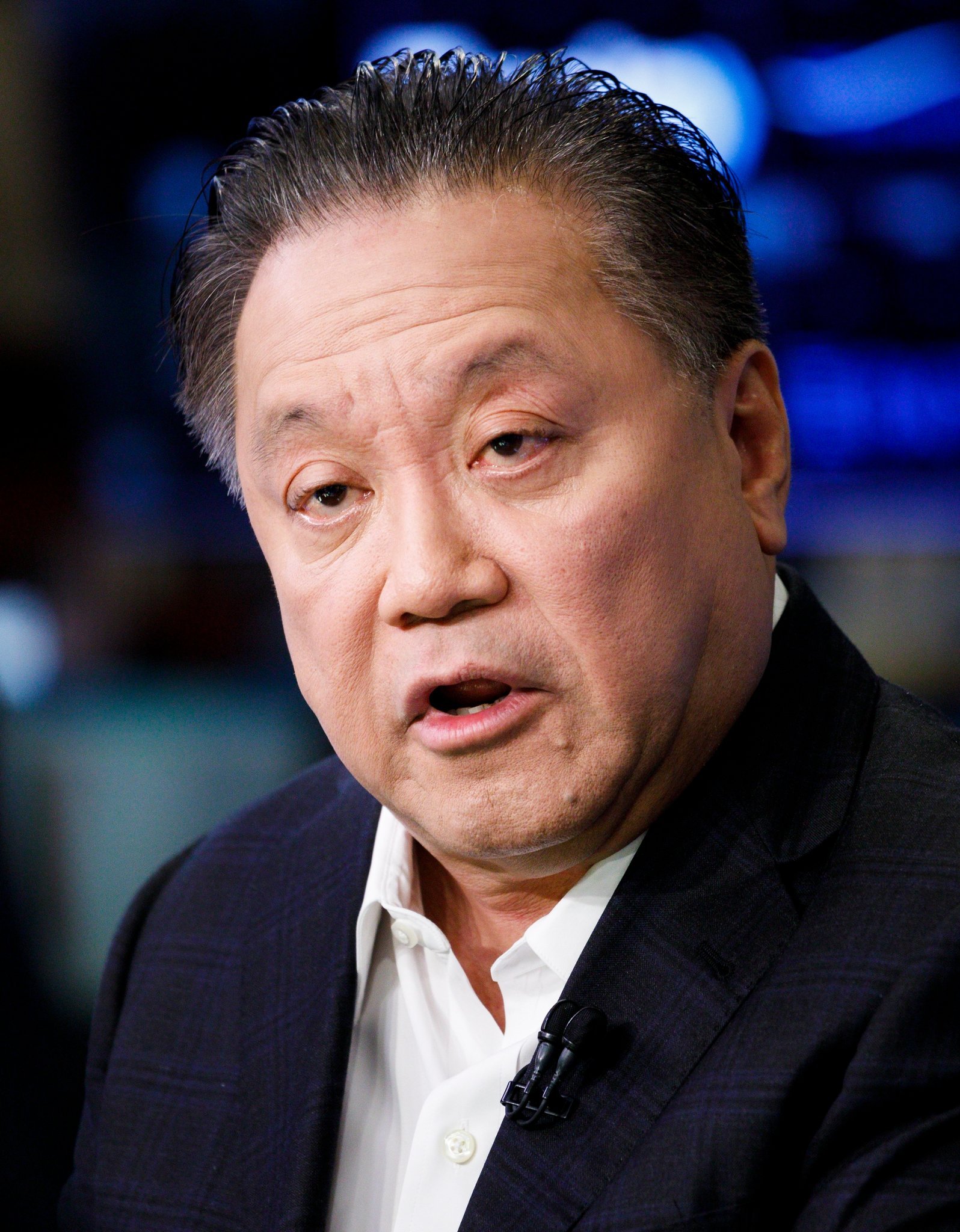Photo

Hock Tan, the chief executive of Broadcom, said his company’s decision to seek fewer seats on Qualcomm’s board was a bid to provide “continuity” after an eventual takeover.
Credit
Justin Lane/European Pressphoto Agency
Broadcom moved the goal posts in its hostile takeover bid for Qualcomm, announcing on Tuesday that it was now seeking only a majority of the chip maker’s board seats in next month’s shareholder vote and raising questions about the future of the deal.
Broadcom said that it would now pursue the election of six nominees it had put forward, rather than the full 11 it had originally named.
Whether the shift will be enough to advance the deal in the face of Qualcomm’s heated resistance to a takeover is unclear. Qualcomm shareholders vote on the board on March 6. The chip company last week rejected Broadcom’s latest takeover bid, valued at about $121 billion, arguing that it was still too low and that it offered insufficient commitments in case regulators moved to block a union on antitrust grounds. Under the terms of the offer, Broadcom would pay about $82 a share in cash and stock.
Putting the two companies together would create one of the world’s biggest chip makers, whose products would be in a majority of the world’s smartphones.
Both companies are expected to meet on Wednesday for the first time in months, raising the possibility that somehow they can bridge their differences and reach an agreement.
Until then, Broadcom is further pressuring its target. Broadcom’s chief executive, Hock Tan, said in a statement on Tuesday that reducing the number of director seats that his company was seeking would help provide some “continuity” for Qualcomm’s board.
Shareholders, he added, “have welcomed our willingness to provide for appropriate continuity on the Qualcomm board, and have also expressed a desire for a definitive mechanism of achieving such continuity. Reducing the number of nominees we are seeking to a simple majority provides precisely that mechanism.”
Qualcomm declined to comment. Shares in both companies were lower in trading on Tuesday.
At the same time, a campaign to unseat some of Qualcomm’s directors — rather than the company’s entire board — could be more palatable to proxy advisory firms like Institutional Shareholder Services and Glass Lewis, whose voting recommendations can carry significant weight with investors. Both firms are expected to issue their reports on the board contest in the coming weeks.
Mr. Tan essentially signaled that Broadcom would seek fewer board seats in an interview on CNBC on Monday.
“If at least a majority of our slate does not get in on March 6, then I guess we will get the message that this deal is not going to happen,” he said. “We will walk.”
